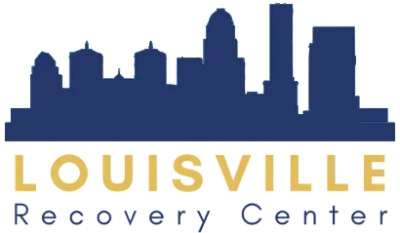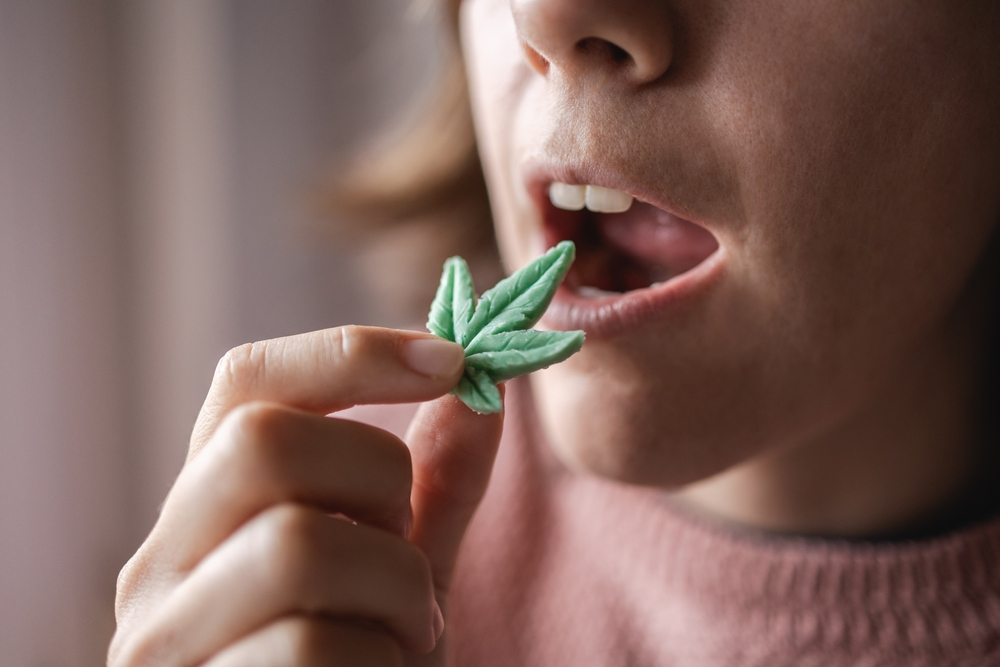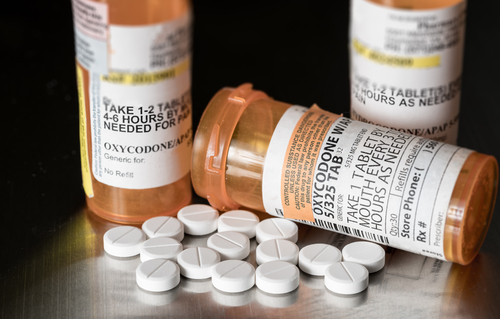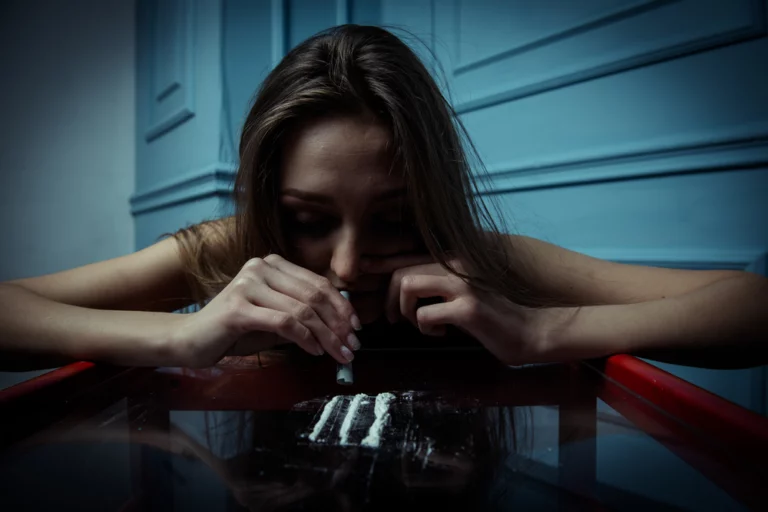Can You Overdose on Edibles?
Many people wonder whether or not it is possible to overdose on edibles. While edibles offer a convenient and discreet way of consuming marijuana, they also carry potential risks, including the possibility of overdose. Unlike inhaling marijuana smoke, which provides immediate effects, edibles take longer to take effect, typically 30 minutes to 2 hours, and the effects can last much longer, up to 8 hours or more. This delay in onset and extended duration of effects make it easy to accidentally consume too much THC, leading to unwanted and sometimes severe effects such as anxiety, panic, paranoia, and even hallucination.
Continue reading to learn more about edibles, marijuana, and treatment options available if you or a loved one is struggling with this addiction.
Yes, it is possible to overdose on marijuana edibles by consuming too much THC, leading to negative effects such as anxiety, paranoia, and even hallucinations.
What Are Edibles?
Marijuana edibles are food products that are infused with tetrahydrocannabinol (THC), the primary psychoactive compound found in marijuana. They are designed for oral consumption and can come in varying forms, such as baked goods (cookies, brownies, cakes), candies (gummies, chocolates), savory snacks (crackers, chips), and drinks (teas, coffees, sodas).
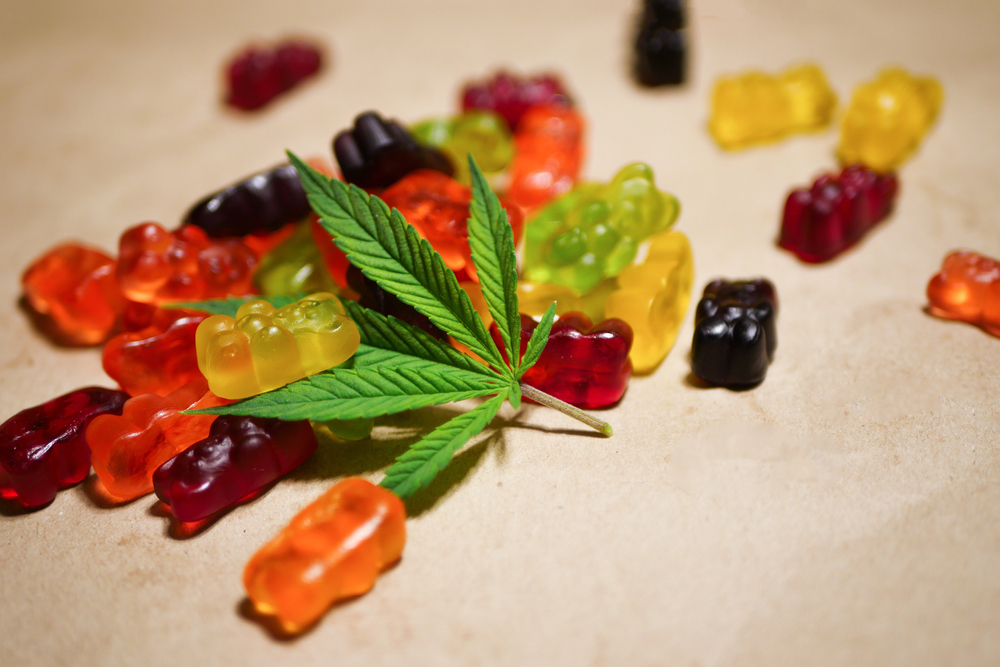
The THC in edibles is extracted and infused into the food product, and the effects are felt after the food is consumed and absorbed through the digestive system. Unlike inhaling marijuana smoke, which provides almost immediate effects, edibles take longer to take effect, usually 30 minutes to 2 hours, and the effects can last much longer, up to 8 hours or more.
Can You Overdose on Edibles?
Yes, it is possible to overdose on marijuana edibles. Overdosing on edibles occurs when a person consumes too much THC, leading to negative and sometimes severe effects such as anxiety, paranoia, confusion, and even hallucinations. It is important to note that the onset of effects from edibles is slower compared to inhaling marijuana smoke and can take 30 minutes to 2 hours to take effect. This delay in onset, combined with the longer duration of effects, can make it easy for individuals to accidentally consume too much THC.
To determine if you have taken too much THC from edibles, you should look out for symptoms such as increased anxiety, paranoia, confusion, and hallucinations. You may also physically experience symptoms such as increased heart rate, dry mouth, and increased appetite. If you experience any of these symptoms, it is recommended that you seek medical attention immediately.
Dangers of Edibles
Similar to other forms of marijuana consumption, consuming THC-infused edibles carries certain risks and potential dangers. Some of the dangers of THC edibles include:
Delayed Onset
Unlike smoking marijuana, the effects of THC edibles can take up to 2 hours to take effect and can last up to 8 hours or more. This can lead to over-consumption, as individuals may eat more of the edible before feeling the effects, leading to a higher dose of THC than desired.
Increased Potency
THC edibles can be much more potent than smoked marijuana, leading to a higher risk of over-consumption and negative effects.
Accidental Ingestion
Edibles can look like regular food and drinks, leading to accidental ingestion by children or pets, or even by individuals who are not aware that the product contains THC.
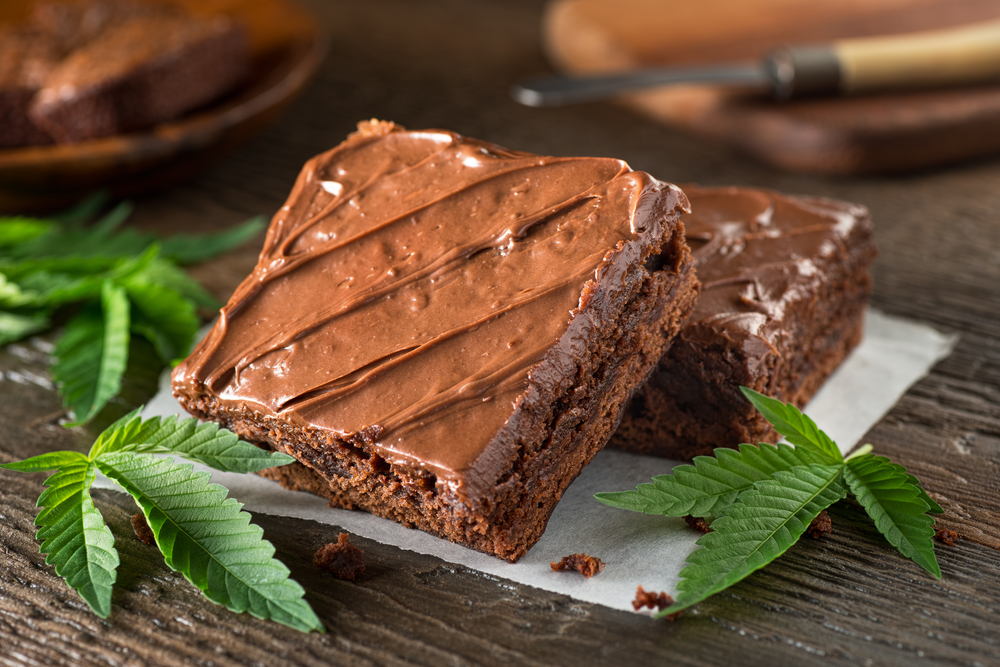
Unpredictable Effects
The effects of THC edibles can vary greatly and be unpredictable, making it difficult to determine the appropriate dose for each individual.
Impact on Mental Health
High doses of THC from edibles can cause anxiety, paranoia, and even hallucinations, particularly in individuals with a history of mental health issues.
Dangers of THC
One of the major dangers of THC is its impact on mental health. High doses of THC can cause feelings of anxiety, paranoia, and panic in some individuals. In severe cases, THC can also cause hallucinations and delusions. This can be a particularly distressing experience and may lead to a temporary or even permanent worsening of mental health symptoms.
Another concern is the impact of THC on cognitive and motor functions. THC can impair short-term memory, concentration, and reaction time, making it dangerous to drive or operate heavy machinery. This can increase the risk of accidents and put both the individual and others at risk.
Finally, THC can also have physical effects. For example, it can increase heart rate, which can be particularly dangerous for individuals with preexisting heart conditions. Additionally, THC can also cause dry mouth, increased appetite, and other physical symptoms.
Is THC Addictive?
Yes, THC can be addictive. Regular use of marijuana, which contains THC, can lead to the development of tolerance, dependence, and withdrawal symptoms. This means that the brain becomes accustomed to the presence of THC, and an individual may require more of the substance to achieve the same effects. When an individual tries to quit or reduce their marijuana use, they may experience withdrawal symptoms such as irritability, anxiety, insomnia, and loss of appetite.
According to the National Institute on Drug Abuse (NIDA), about 9% of people who use marijuana will become addicted to it. The likelihood of addiction increases to about 17% for those who start using marijuana in their teens, and it increases to 25-50% for those who use marijuana daily.

Treatment for THC Addiction
The treatment for THC addiction typically involves a combination of behavioral therapy and medication-assisted treatment. Here are some common approaches:
Behavioral Therapy
This approach focuses on changing problematic behaviors and thoughts related to marijuana use. It may include individual or group therapy, such as cognitive-behavioral therapy (CBT), motivational interviewing (MI), or contingency management (CM).
Medication-Assisted Treatment (MAT)
This approach involves the use of medications, such as dronabinol, nabilone, or nabiximols, to help reduce withdrawal symptoms and cravings. MAT can be used in conjunction with behavioral therapy to increase the chances of a successful outcome.
Support Groups
Support groups, such as Narcotics Anonymous (NA) or Marijuana Anonymous (MA), can provide a supportive environment for individuals seeking to overcome addiction to THC and other substances.
Inpatient Rehabilitation
For individuals with severe THC addiction, inpatient rehabilitation may be recommended. This involves a live-in treatment program that provides 24-hour support and structured activities to help individuals overcome addiction.
It is important to note that everyone’s experience with THC addiction is unique and what is effective for one person may not be for another. It is recommended that individuals seeking treatment for THC addiction work with a healthcare provider or addiction specialist to determine the most appropriate approach for their specific needs and circumstances.

Louisville Recovery Center is Here to Help
At Louisville Recovery Center, located in Louisville, KY, we understand the impact that THC addiction can have on individuals and their loved ones. Our team of dedicated addiction specialists is committed to providing effective and compassionate treatment to help individuals overcome their addiction and achieve lasting recovery. With a range of evidence-based approaches, including behavioral therapy, medication-assisted treatment, and inpatient rehabilitation, we can help you or your loved one find the path to a healthy and fulfilling life.
Don’t wait, take control of your addiction today and reach out to Louisville Recovery Center for help. Our team is here to support you every step of the way. Call us today.
